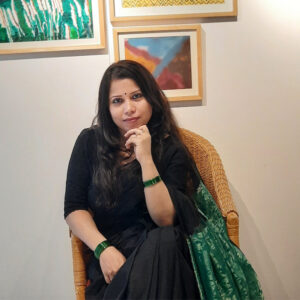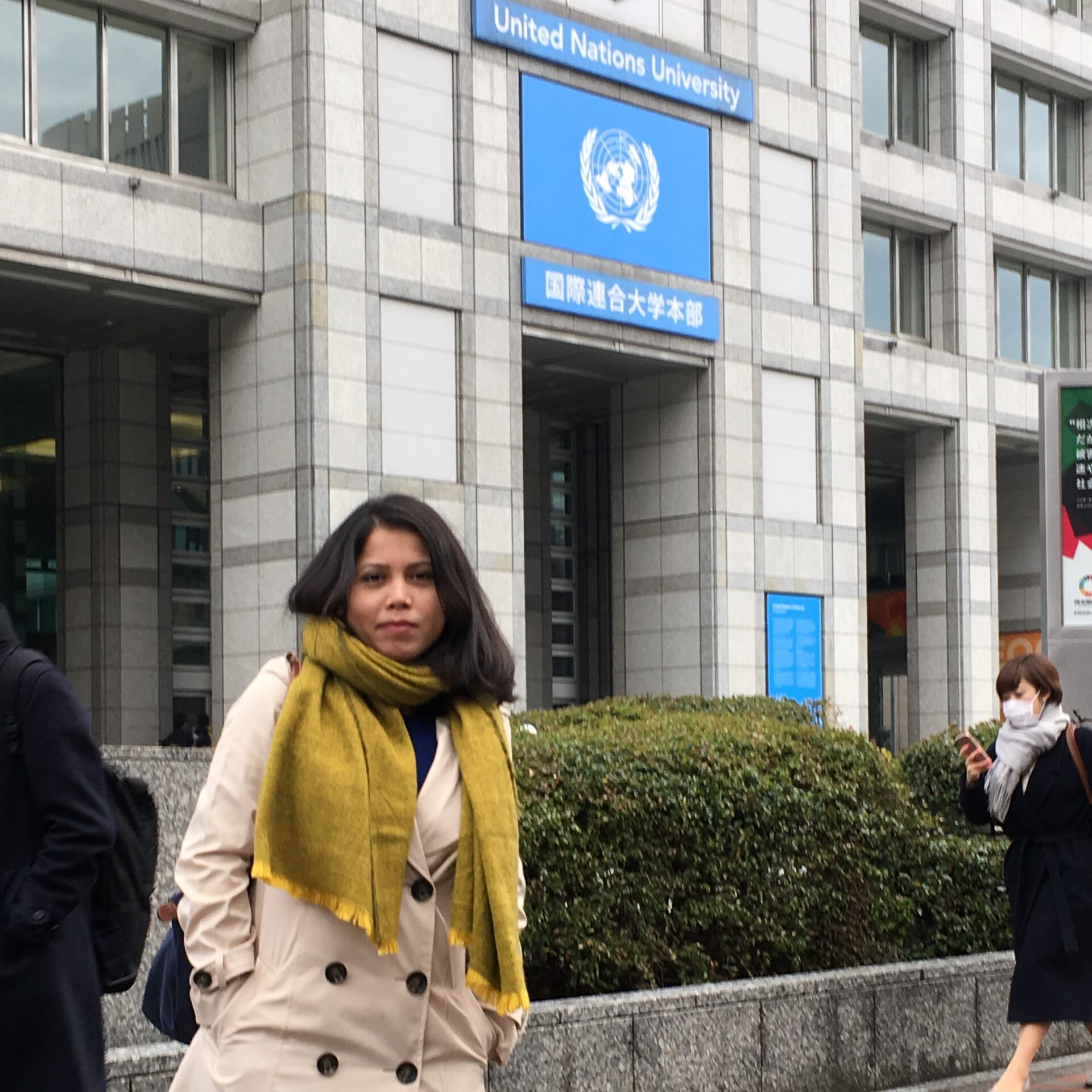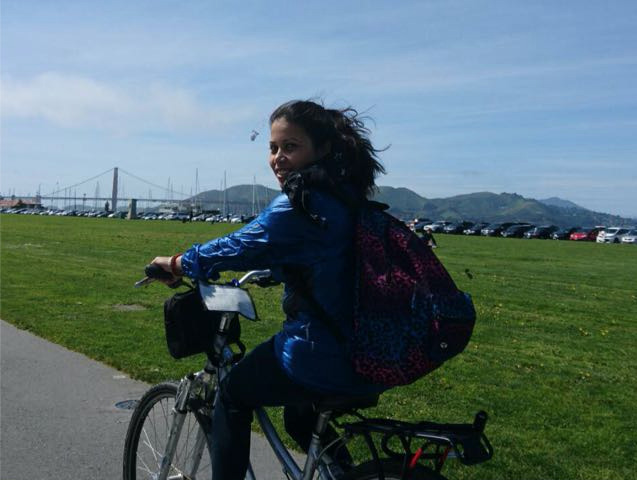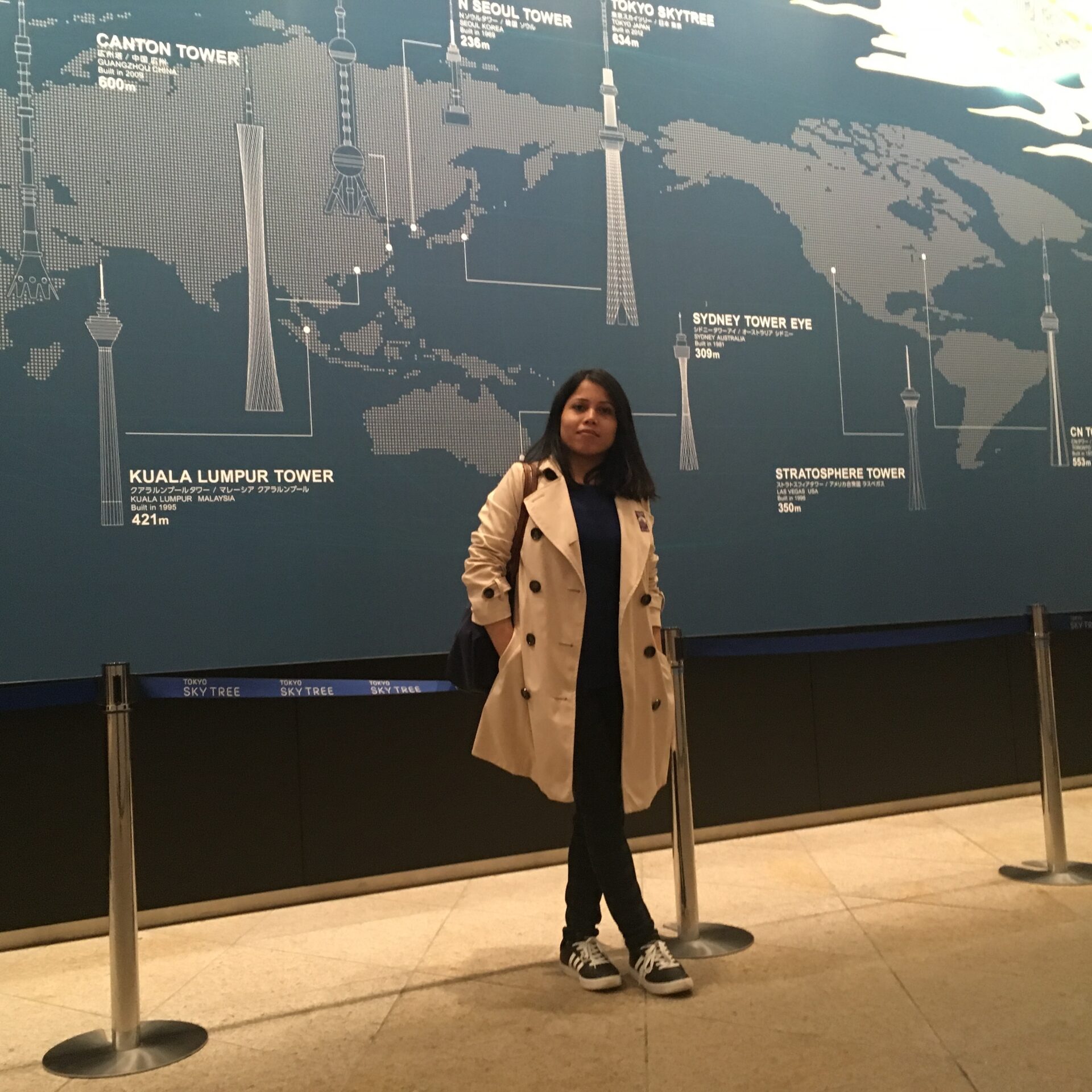
| Name | MOUSUMI Manjuma Akhtar |
|---|---|
| Country | Bangladesh |
| Year / month of graduation | September 2017 |
| Degree obtained | Ph.D |
| Position / organization as of March 2021 |
Assistant Professor, BRAC Institute of Educational Development (BRAC IED), BRAC University |
This article was written in March 2021.
Why did you choose Japan, and Hiroshima university for your study?
The MEXT scholarship has played a pivotal role in selecting a Japanese university. I have learnt a lot about education and development, and Japan’s role in addressing gaps in developing countries through the Master’s programme and Doctoral study at Hiroshima University. The university has played a critical role in constructing knowledge and understanding about research. Japanese culture has also played a significant role in selecting a Japanese university. It is a promising country with desirable characteristics for conducting research and have the potential towards contributing strong lessons. Overall, it has been an amazing journey and a rich experience.

What did you learn and study at Hiroshima university?
There were always insightful discussions surrounding topics educational development. I enjoyed learning about Development theories, Comparative education, International cooperation in education, International relations, Peacebuilding education, etc. These courses have contributed in shaping my understanding on diverse educational issues of global south countries. Through these courses, I am also able to reflect critically on my own understanding on issues of concerns.

With the help of faculty members and intensive supervision, I have been able to learn a lot on education and development, and gain supportive experiences. Both my Master’s and Doctoral study focused on issues related to school choice. In Ph.D. I worked on school choice issues in India and Bangladesh.
Did you enjoy your stay in Hiroshima?
I have spent some great years at Hiroshima. I highly admire Japanese art, culture and tradition. For instance, Kintsugi-Japanese practice that beautifies broken pottery; Wabi-Sabi-embracing imperfections; Daruma dolls-representing resilience and many more to talk about. These are integral to life and how one looks at life. Every spring I used to look forward to ‘Hanami’. I believe, it’s one of the best festivals that I have ever experienced. Hiroshima carries a very positive environment where one gets to discover ‘Ikigai’. I had some exciting and unforgettable moments during my stay in Hiroshima.

Please tell us your current work. Does what you learned or studied at Hiroshima university help you?
Role at BRAC IED, BRAC University:
I am an Assistant Professor and Head of Academics at BRAC Institute of Educational Development (BRAC IED), BRAC University, Dhaka Bangladesh. I mainly teach the Master of Education/Post-Graduate Diploma in Educational Leadership & School Improvement. In addition, I also teach the Master of Science/Post Graduate Diploma in Early Childhood Development programme; Professional Development Centre’s course and short courses on play. At the institute, I have been involved in numerous donors funded projects in different capacities. My research interests include: market forces, social equity, educational development, and issues related to school choice in India and Bangladesh.
Experiences gained during the Master’s programme and doctoral studies and my involvement in donor funded research projects at CICE have helped me to understand about various practices in different contexts. Both the programmes and research projects have provided me with quality experience. The research projects that I was involved (and continue to involve) in have helped me enormously to publish in Q1 journals. Study labs at the institute forged great learnings as we were provided opportunities for cooperation and collaboration. These labs created space and conditions for us to thrive.
Do you recommend Hiroshima university for others to choose?
Hiroshima University allowed me to interact with academic community and gain knowledge on cutting-edge issues of concerns such as ‘social equity’ and ‘social justice’ and many more which, helped me to contribute in academia substantially. It allowed to me expand my academic network, collaborate and introduce my work to leading scholars. It allowed me to attend valuable educational sessions that have (possibly) broaden my knowledge. Also knowledge gained from several sessions helped me to understand global educational development priorities. Therefore, I believe others looking for these experiences can definitely explore Hiroshima university.
Back
